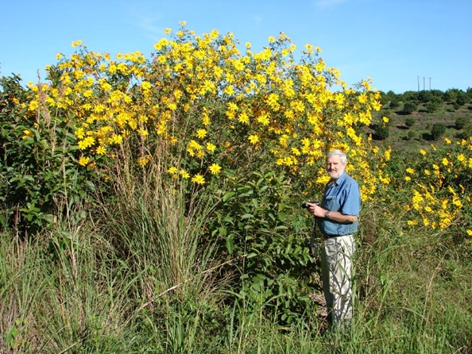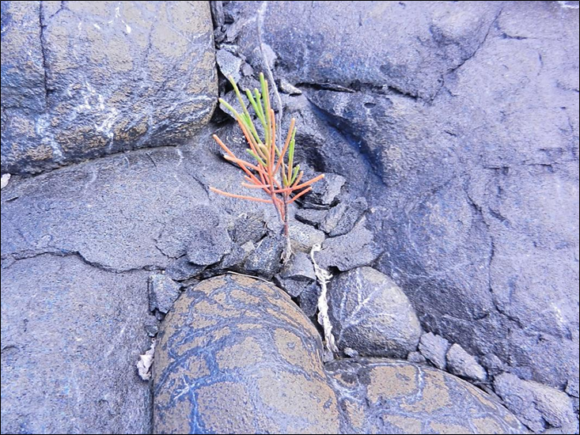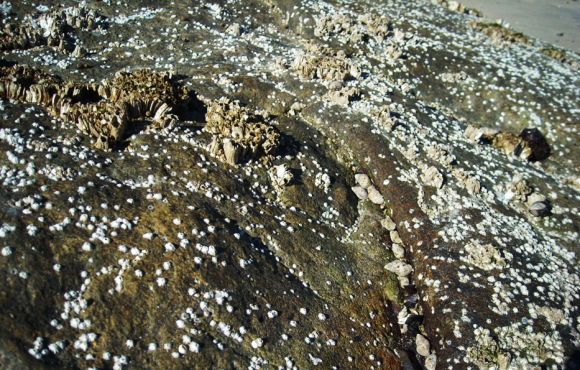Mexican sunflowers (Tithonia species) are promoted as a green manure, but a survey of rural farmers revealed that these species are invasive, and have substantial negative impacts in addition to their benefits. Drs Arne Witt (Centre for Agriculture and Biosciences International, Kenya), Ross Shackleton (Former C·I·B PhD student and post-doc) and Prof. Brian van Wilgen (C·I·B Core Team Member) conducted a distribution survey of Tithonia species in 11 African countries from Ethiopia to South Africa. In addition, household interviews to gauge perceptions of Tithonia diversifolia on local livelihoods were carried out in Zambia’s Copperbelt province.

Three species of Tithonia were found to be widespread in Uganda, Kenya, Tanzania, South Africa, Malawi, Zambia, Swaziland, and Zimbabwe. Given the widespread distribution of these species, and the fact that they are invasive, it is important to understand what impacts they may have in order to derive appropriate management responses. The household surveys revealed that farmers in Zambia regarded Tithonia diversifolia as having some benefits as a green manure plant, but also that the plants had negative impacts on native vegetation, mobility or access, water availability, crop yields and animal health. Most of the farmers interviewed thought that the costs outweighed the benefits. In particular, costs associated with movement, access and reduced grass cover were regarded as high, with additional negative impacts on water availability, crop yields, livestock health and tree cover.
The fact that the use and further dissemination of Mexican sunflowers is actively promoted despite the considerable negative impacts that they have on the livelihoods of rural farmers in Africa indicates that their net effect has not been adequately considered. The study therefore recommends that that detailed cost–benefit studies should be undertaken to support informed decisions on the future management of these species.
“We believe strongly that further promotion of these species by various development agencies should be discouraged,” said Brian van Wilgen, “as the costs of invasions to livelihoods will rapidly outweigh any benefits that accrue from Mexican sunflower use, considering their potential for further spread and densification.”
Read the full paper
Witt, A.B.R., Shackleton, R.T., Beale, T., Nunda, W. & Van Wilgen, B.W. 2019. Distribution of invasive alien Tithonia (Asteraceae) species in eastern and southern Africa and the socio-ecological impacts of T. diversifolia in Zambia. Bothalia 49(1), a2356. https://doi.org/10.4102/abc.v49i1.2356
For more information, contact Brian van Wilgen at bvanwilgen@sun.ac.za



